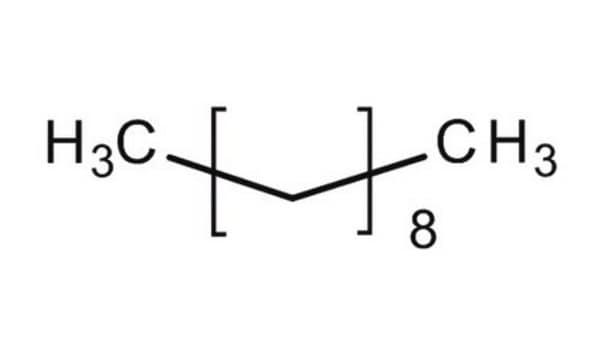850356P
Avanti
4ME 16:0 PC
Avanti Research™ - A Croda Brand
Synonym(s):
1,2-Diphytanoyl-3-sn-phosphatidylcholine, 1,2-di-(3,7,11,15-tetramethylhexadecanoyl)-sn-glycero-3-phosphocholine; PC(16:0(3me,7me,11me,15me)/16:0(3me,7me,11me,15me)), DPhPC, Diphytanoylphosphatidylcholine
About This Item
Recommended Products
description
1,2-diphytanoyl-sn-glycero-3-phosphocholine
Assay
>99% (TLC)
form
powder
packaging
pkg of 1 × 200 mg ((850356P-200MG))
pkg of 1 × 25 mg ((850356P-25MG))
pkg of 1 × 500 mg ((850356P-500MG))
manufacturer/tradename
Avanti Research™ - A Croda Brand
shipped in
dry ice
storage temp.
−20°C
SMILES string
[O-]P(OCC[N+](C)(C)C)(OC[C@]([H])(OC(CC(C)CCCC(C)CCCC(C)CCCC(C)C)=O)COC(CC(C)CCCC(C)CCCC(C)CCCC(C)C)=O)=O
General description
Application
- in the electrophysiology studies of chloride channel
- for the generation of Droplet-Hydrogel Bilayer (DHB), which is used for protein reconstitution studies
- for the generation of lipid bilayers for single channel and ion selectivity measurements studies
Biochem/physiol Actions
Packaging
Legal Information
also commonly purchased with this product
Storage Class Code
11 - Combustible Solids
WGK
WGK 3
Certificates of Analysis (COA)
Search for Certificates of Analysis (COA) by entering the products Lot/Batch Number. Lot and Batch Numbers can be found on a product’s label following the words ‘Lot’ or ‘Batch’.
Already Own This Product?
Find documentation for the products that you have recently purchased in the Document Library.
Our team of scientists has experience in all areas of research including Life Science, Material Science, Chemical Synthesis, Chromatography, Analytical and many others.
Contact Technical Service







